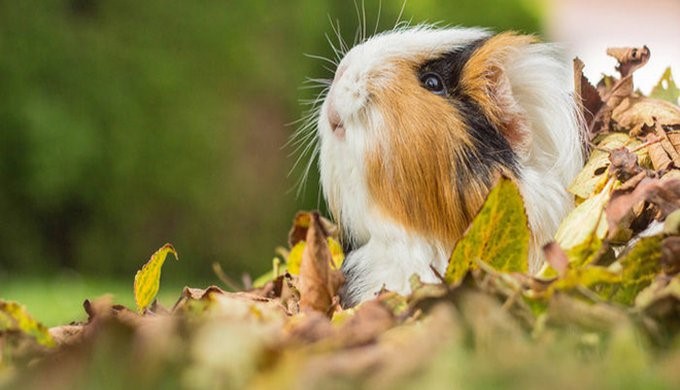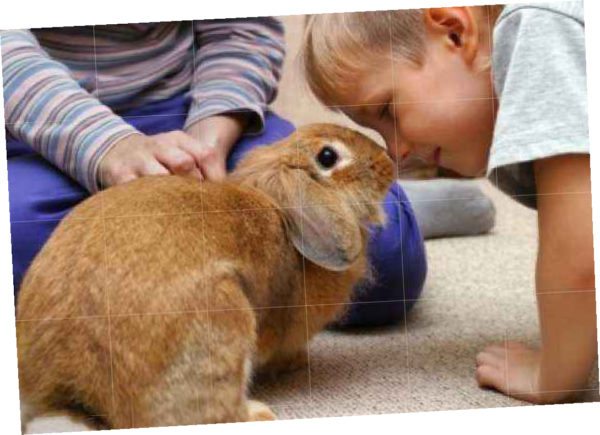Each animal has its particular way of expressing itself and manifesting its joy, nervousness, anger and even affection, and of course, guinea pigs are no exception.
Indice
In fact, these small rodents are known to be highly communicative and expressive animals, enjoying a wide variety of sounds and noises that allow them to communicate effectively with both fellow rodents and humans.
Among the different noises a guinea pig makes and what they mean are vocalizations used exclusively with humans, sounds that are part of their mating rituals and even noises that are a clear indication of health problems.
Some of the most common sounds made by guinea pigs and their meaning will be explained below.
Wheeking or the “cui cui”.
This is one of the most distinctive sounds made by guinea pigs, and interestingly, it is used specifically to communicate with humans.
The “cui cui”, which generally sounds like a long, high-pitched whistle, was developed by domestic guinea pigs to represent their excitement or urge to eat.
It is a call of attention by the rabbit at the first sign of food, so it is very common to hear it when they see someone preparing their food or when it is time to eat.
“Purring”
This sound is called purring because of its similarity to cat purring, although it is not really one.
This can have three different meanings that go hand in hand with the guinea pig’s body language; the first, if the “purr” is low and deep, it means that the small rodent is calm and content.
The second variation, characterized by a higher-pitched purr, especially in the final part, is a clear sign of anger and annoyance on the part of the rabbit.
While the third, which occurs briefly and repeatedly, indicates fear and discomfort, the latter is usually accompanied by an immobile and attentive guinea pig.
Rumbling or “rumbling
Among the sounds guinea pigs make, rumbling is used for a very specific purpose: mating.
Males use this noise, which is generally described as “motor boarding” to attract females during the breeding season, which for guinea pigs occurs very often.
Females very rarely use it, but when they do it is to indicate that they are in heat and are interested in mating at that time.
Squeals
As you might expect, the appearance of a squeak clearly indicates problems, and in some cases these can be much more serious than a minor scare.
When bunnies squeal, they do so to express pain, anger, fear or fright, and the causes of this are varied.
In the case of a fright or fear, it may be due to sudden noises or the presence of something frightening to the rodent, such as a lurking predator.
In the case of pain, it may be due to both external injury and disease.
In external damage, the most common are bites, cuts and burns, while internally, some diseases that cause severe pain to the animal can cause it.
Image courtesy of (todosobremascotas.com), all rights reserved.








